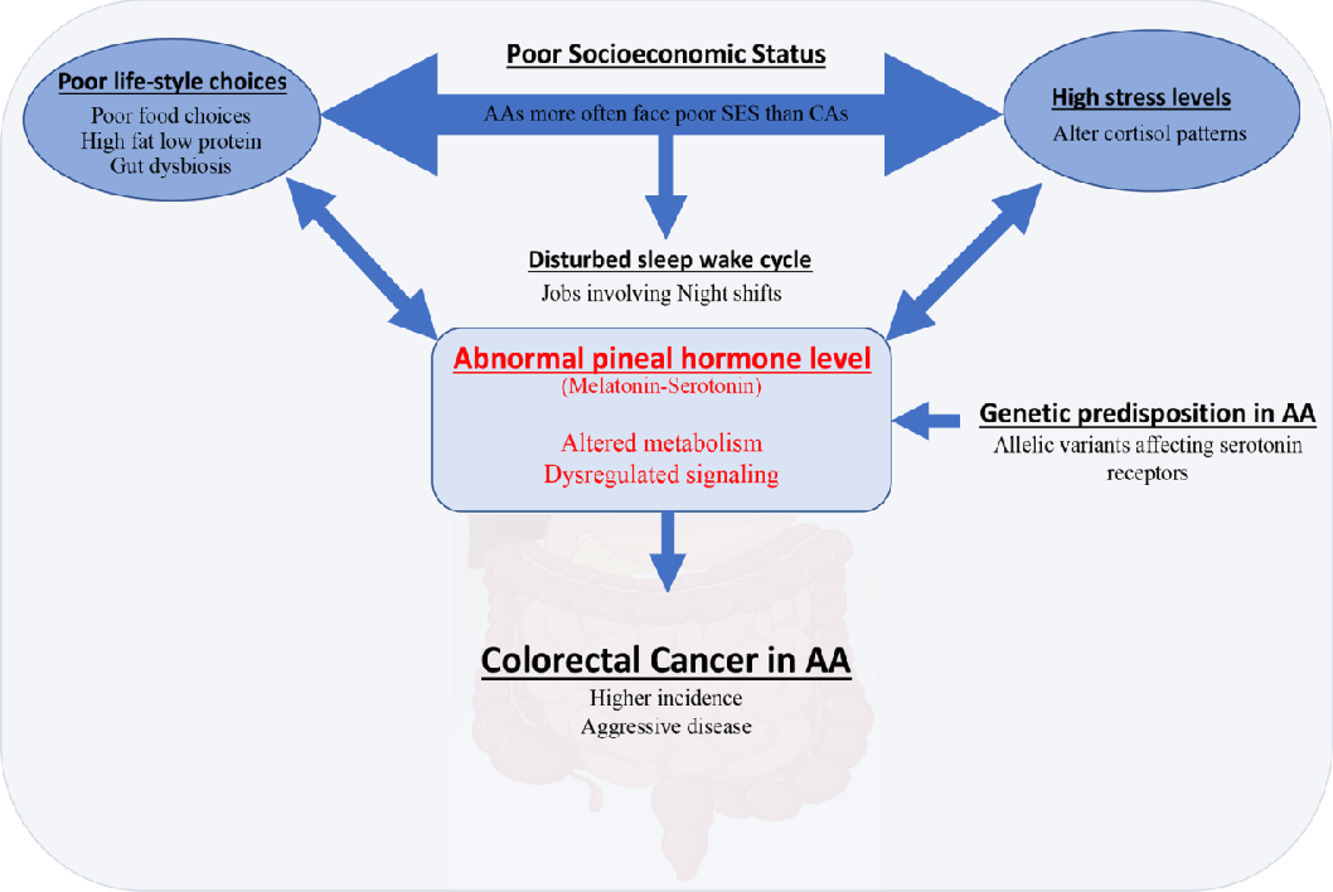Women and Birth, Volume 35, February 2022
Problem: Within maternity care policies and practice, pregnant migrant women are regarded as a vulnerable population. Background: Women's experiential knowledge is a key element of woman-centred care but is insufficiently addressed in midwifery practice and research that involves migrant women. Aim: To examine if pregnant migrant women's experiential knowledge of vulnerability corresponds with sets of criteria of vulnerability, and to explore how migrant women make sense of vulnerability during pregnancy.
Translational Oncology, Volume 16, February 2022
Colorectal cancer (CRC) is the third leading cause of cancer-related deaths in the United States. Despite increased screening options and state-of-art treatments offered in clinics, racial differences remain in CRC. African Americans (AAs) are disproportionately affected by the disease; the incidence and mortality are higher in AAs than Caucasian Americans (CAs). At the time of diagnosis, AAs more often present with advanced stages and aggressive CRCs, primarily accounting for the racial differences in therapeutic outcomes and mortality.
The Lancet Regional Health - Europe, Volume 13, February 2022

